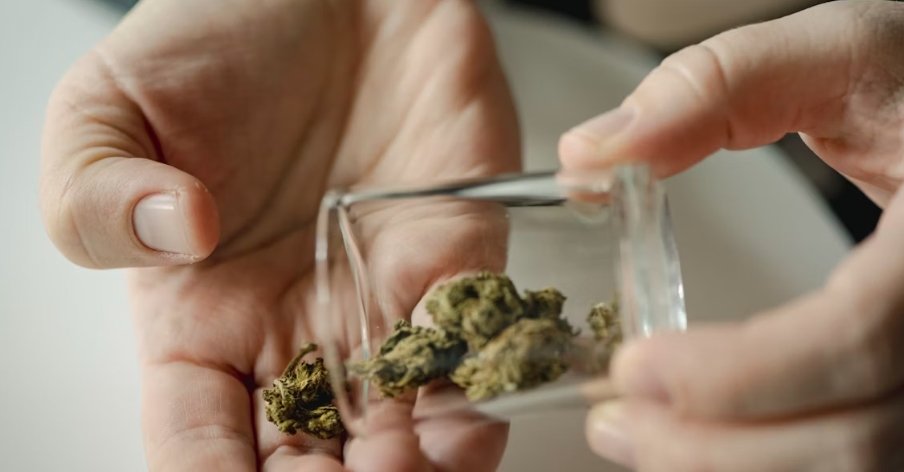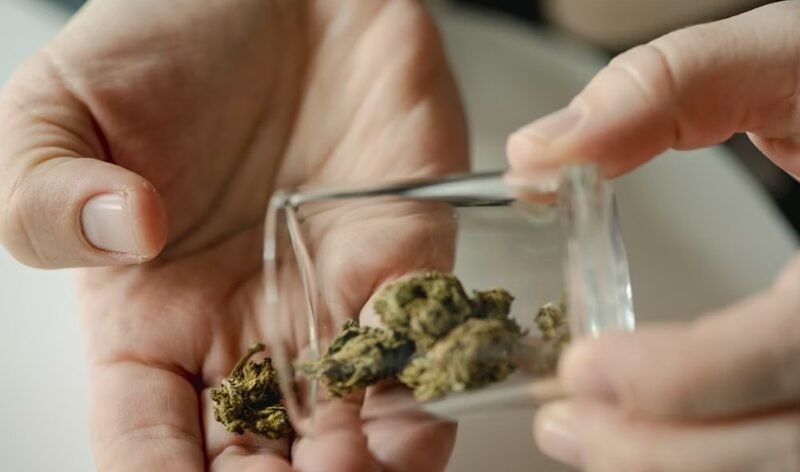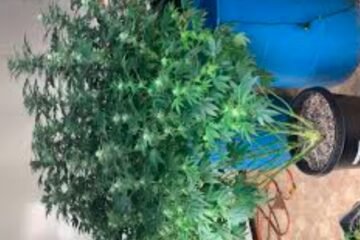In a landmark decision, Brazil’s Supreme Court has voted to decriminalize the possession of marijuana for personal use. This move could significantly impact the nation’s prison population, which ranks as the third largest globally. The ruling does not legalize marijuana but rather reduces the penalty for possession. As deliberations began in 2015, a majority of the justices have now voted in favor of decriminalization. However, the court must still determine the maximum quantity of marijuana considered for personal use and the effective date of the ruling.

Subheading 1: The Need for Reform
Brazil’s previous drug legislation, enacted in 2006, aimed to penalize individuals caught with small amounts of drugs, including marijuana. However, the law lacked specificity, making it challenging for law enforcement and judges to differentiate between personal use and drug trafficking. As a result, many first-time offenders faced arrest and imprisonment, contributing to the country’s overcrowded prisons.
Subheading 2: Legislative Response and Challenges
While the Supreme Court deliberates, Brazil’s Congress has independently proposed tightening drug legislation, potentially complicating the legal landscape surrounding marijuana possession. The Senate approved a constitutional amendment criminalizing possession of any illicit substance, and the lower house’s constitutional committee followed suit. If enacted, this legislation would take precedence over the court’s ruling but could still face constitutional challenges.




